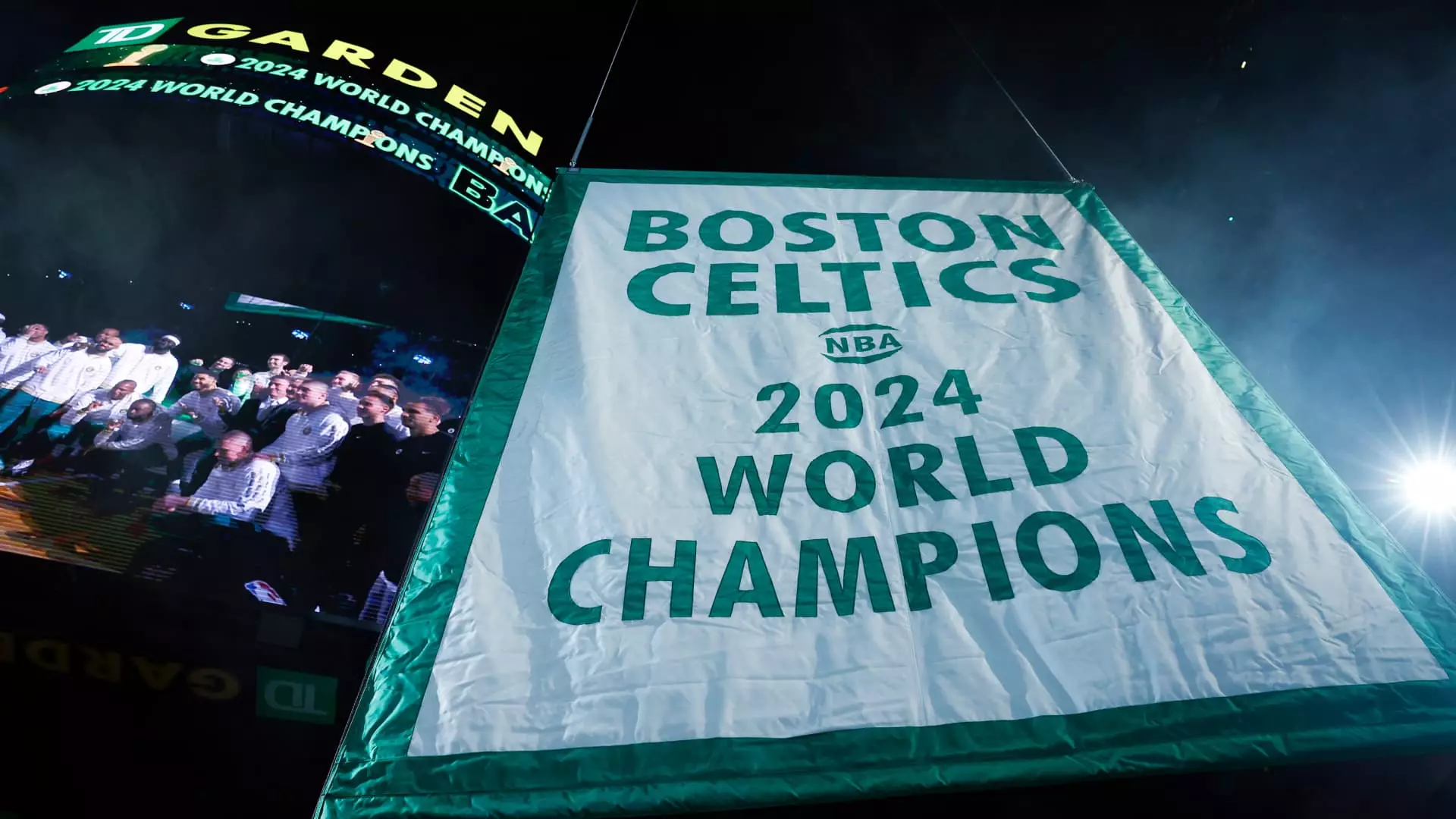Recent events have opened up an intriguing chapter for the Boston Celtics, and it’s a significant one for a franchise that sits at the pinnacle of sports history. Bill Chisholm, a private equity executive, has emerged at the forefront of a newly formed ownership group poised to acquire the championship-winning team for a staggering $6.1 billion. This price tag is not just remarkable; it’s set a new precedent in U.S. sports valuations. But why does this shift in ownership matter beyond the financial implications? It reveals much about the evolving landscape of professional sports and the importance of local roots in franchise leadership.
The Significance of Local Ownership
What is striking about Chisholm’s bid is not merely the amount of money changing hands but his assertion of community connection. As someone who grew up in the Boston area and has lived the highs and lows of being a Celtics fan, Chisholm’s passion brings a genuine local perspective to a franchise that means so much to the people of Boston. His connection with the city importantly contrasts with the detached ownership seen in other franchises, where the emotional and cultural ties can feel more like marketing slogan than reality.
It is essential that leadership remains attuned to the ethos of the team. While the growing influence of private equity in team ownership may raise eyebrows—given a tendency to prioritize profit over legacy—the Celtics might find themselves in a different situation. Chisholm has underscored the weight of responsibility that comes with ownership, demonstrating an aim to integrate team success back into Boston’s local identity.
Beyond the Numbers: A Shift in Culture
While financial metrics are undeniably impressive, it’s the cultural shift brought on by ownership changes that warrants in-depth examination. The Celt’s valuation, the highest in U.S. sports history, casts a vicarious shadow over the relationship between athlete performance and fan investment. The soaring price tag reflects a bubble that may eventually burst, but for Boston, it could represent the dawning of a more sustainable and community-focused era.
Chisholm was quoted acknowledging the Celtics’ role in the fabric of Boston. However, this local sentiment raises questions about whether larger financial interests can truly align with the passion that fans feel. The influence of private equity has been a double-edged sword—on one hand, it can boost team viability; on the other, it heralds a risk that sports franchises might become mere commodities rather than cherished local institutions.
The Complex Web of Sports Valuation and Media Deals
It’s undeniable that skyrocketing sports valuations are, in part, driven by significant media rights deals, which came into play with the NBA’s recent 11-year, $76 billion agreement with major networks. As lucrative as these contracts can be, they come with strings attached, creating a dynamic that often prioritizes short-term gains over long-term stability and community investment.
The question looms large: Can teams like the Celtics leverage this new wealth to focus on meaningful engagement and success beyond championship rings? This is the balance Chisholm and his team must strike as they embark on this ambitious ownership journey.
A New Era for the Celtics? The Road Ahead
As the Celtics gear up for another competitive season, boasting the second-best record in the NBA’s Eastern Conference, the spotlight is also on how the new ownership will handle their legacy. What will become of the culture that has made the team synonymous with excellence and community? With incumbent leadership under Wyc Grousbeck remaining until the 2027-28 season, the transition period might afford Chisholm a chance to learn before fully taking command.
With the Celtics’ legacy at stake, there’s hope they can leverage their newfound wealth to deepen community ties, enhance player development, and sustain the competitive edge that defines the franchise. The stakes are higher than ever, and while financial prowess plays a significant role, the connection to Boston remains vital. The future of the Celtics isn’t just about basketball; it’s about the heart of a city coming together. Whether this sale will bolster or compromise that essence is a story worth watching. The Boston Celtics, it appears, are at a crossroads—a moment that could redefine their future for generations to come.

